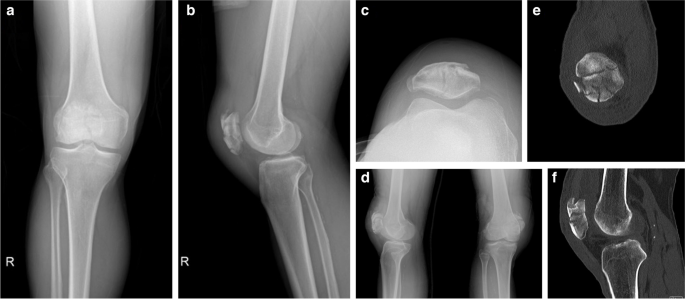Complex trauma and periarticular fracture management
Management of Periarticular Fractures in Individuals with Complex Trauma
Managing periarticular fractures in individuals with complex trauma requires a multidisciplinary approach that addresses both the physical and psychological aspects of the injury. Here are some key considerations:
- Comprehensive assessment: A thorough evaluation of the patient's medical history, including any history of trauma, mental health conditions, and substance abuse, is crucial.
- Pain management: Effective pain management is essential for optimal healing and recovery. A combination of medications and non-pharmacological interventions, such as relaxation techniques and mindfulness practices, may be necessary.
- Psychological support: Providing access to mental health professionals, such as therapists or counselors, can help individuals cope with the emotional impact of the injury and trauma.
- Social support: Encouraging social connections and support systems can play a significant role in recovery.
- Functional rehabilitation: Physical and occupational therapy can help restore function and prevent complications.
- Long-term follow-up: Regular follow-up appointments are important to monitor healing progress, address any complications, and provide ongoing support.
It is important to recognize that individuals with complex trauma may require additional support and resources compared to those without such a history. A collaborative approach involving healthcare providers, mental health professionals, and social workers can help optimize the management of periarticular fractures and promote overall well-being.

